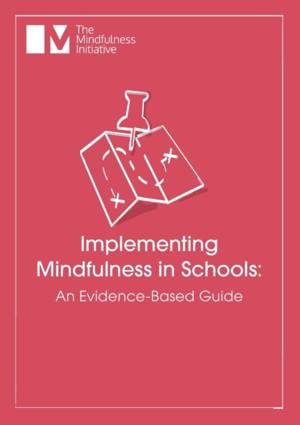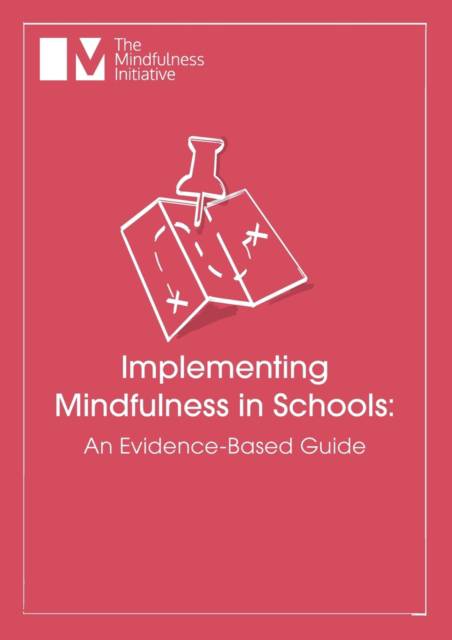
- Afhalen na 1 uur in een winkel met voorraad
- Gratis thuislevering in België vanaf € 30
- Ruim aanbod met 7 miljoen producten
- Afhalen na 1 uur in een winkel met voorraad
- Gratis thuislevering in België vanaf € 30
- Ruim aanbod met 7 miljoen producten
Zoeken
Implementing Mindfulness in Schools
An Evidence-Based Guide
Katherine Weare, Adrian Bethune
Paperback | Engels
€ 13,95
+ 27 punten
Omschrijving
Implementing Mindfulness in Schools aims to provide practical, trustworthy and evidence-based guidance on developing mindfulness in schools and in the whole community who work and learn there. It attempts to bring some clarity to an area of education that is growing fast, and with very promising evidence and much enthusiasm from schools, but which can be confusing and is often riddled with misunderstandings.
The guidance is based on:
- international scientific evidence of the outcomes of mindfulness in schools.
- international empirical research on implementing and embedding mindfulness in schools for teachers and students.
- advice from a range of experts, drawn from innovators in schools, programme developers, researchers and academics and contemplative practitioners.
The guidance is for a range of audiences:
- those who are actively working in the 3-18 UK education systems initiating, leading and developing practical work on in school settings, or policy mindfulness, with children and young people and the adults who work with them. The detail and application of the advice has a specifically UK focus.
- those from other parts of the world who are working in this area, and who should find the principles and the evidence base on outcomes and implementation relevant to their situation.
- those programme makers who are developing
- and leading mindfulness courses and practices specifically for use in schools or with young people.
- those who are working in related areas such as compassion, mental health, emotional and social education, personal development and reflective learning who want to explore what policy and practice around mindfulness has to offer in the joint effort to make schools more humane and effective places.
- those who are broadly interested in what is happening with mindfulness in schools.
Edition 1.2 is published in 2024 with some minor amendments by Katherine Weare.
Specificaties
Betrokkenen
- Auteur(s):
- Uitgeverij:
Inhoud
- Aantal bladzijden:
- 118
- Taal:
- Engels
Eigenschappen
- Productcode (EAN):
- 9781913353049
- Verschijningsdatum:
- 29/02/2024
- Uitvoering:
- Paperback
- Formaat:
- Trade paperback (VS)
- Afmetingen:
- 210 mm x 297 mm
- Gewicht:
- 399 g

Alleen bij Standaard Boekhandel
+ 27 punten op je klantenkaart van Standaard Boekhandel
Beoordelingen
We publiceren alleen reviews die voldoen aan de voorwaarden voor reviews. Bekijk onze voorwaarden voor reviews.











